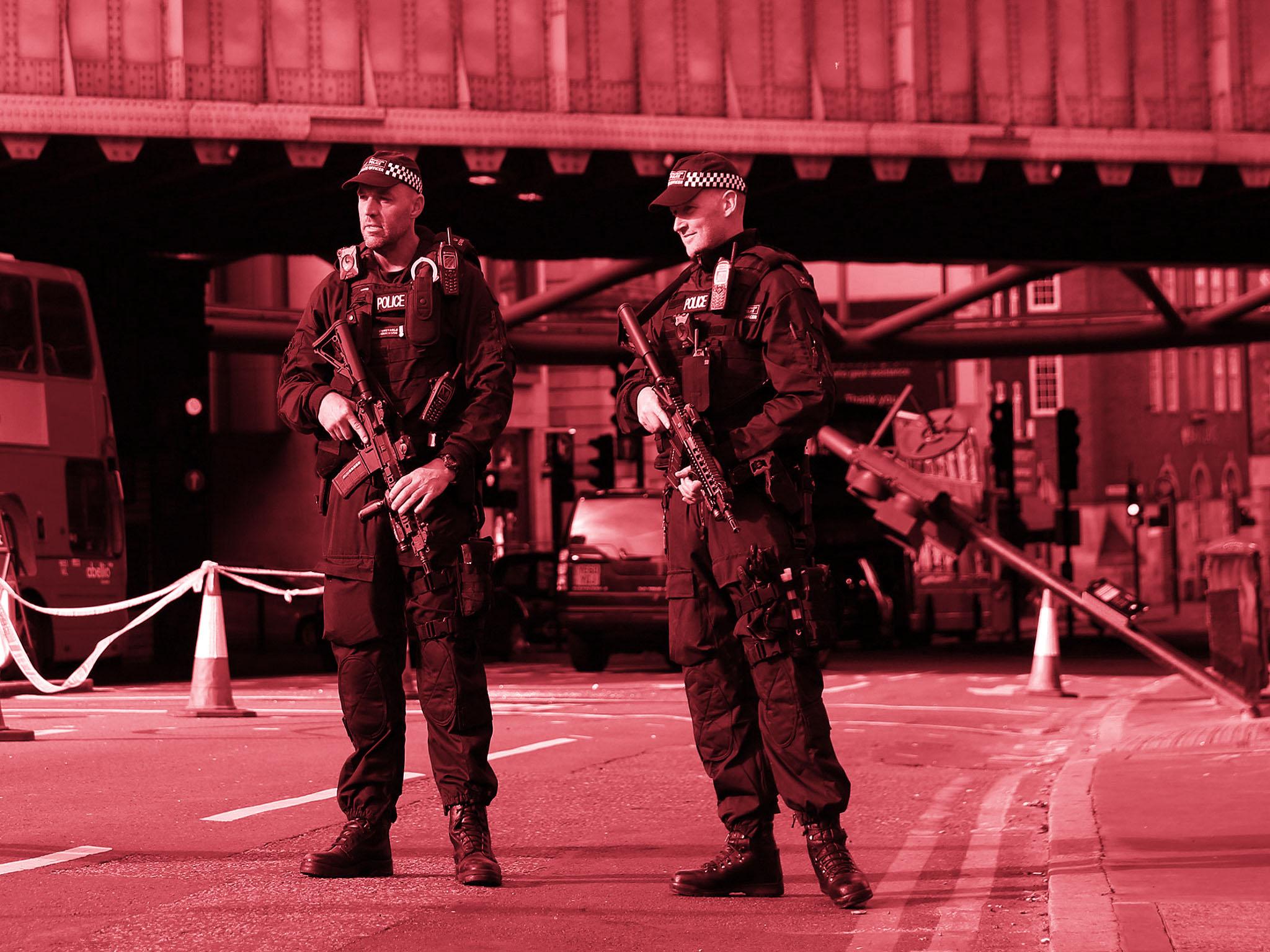Your support helps us to tell the story
From reproductive rights to climate change to Big Tech, The Independent is on the ground when the story is developing. Whether it's investigating the financials of Elon Musk's pro-Trump PAC or producing our latest documentary, 'The A Word', which shines a light on the American women fighting for reproductive rights, we know how important it is to parse out the facts from the messaging.
At such a critical moment in US history, we need reporters on the ground. Your donation allows us to keep sending journalists to speak to both sides of the story.
The Independent is trusted by Americans across the entire political spectrum. And unlike many other quality news outlets, we choose not to lock Americans out of our reporting and analysis with paywalls. We believe quality journalism should be available to everyone, paid for by those who can afford it.
Your support makes all the difference.The Labour leader Jeremy Corbyn has accused Theresa May and the Conservatives of presiding over major cuts to the police force since 2010 and agreed with suggestions that the Prime Minister should resign in the wake of the London Bridge terror attack.
This follows an allegation from a former Metropolitan Police chief, Peter Kirkham, that the capital's police are "in crisis" because of Government cuts.
Mr Kirkham also accused ministers of "lying" by claiming that there are extra police officers on the street.
And in January the London Mayor, Sadiq Khan, warned that fresh government funding cuts to the Metropolitan Police would make it "increasingly difficult" to keep Londoners safe from terror - a warning he repeated on Monday.
The Prime Minister and other ministers have responded to all these claims by saying they are providing "record funding for counter terror policing".
So is it true that the Conservatives cut police numbers? And did this really damage our security in the face of terror attacks and plots?
Did they cut numbers?
According to the most recent official Home Office figures, the total police officer workforce for England and Wales in September 2016 was 122,859. (Policing in Scotland is devolved and Northern Ireland has special arrangements).
In September 2010, the year the Coalition took power, the figure was 141,850.
So, that's a fall of 18,991 (around 13 per cent).
According to a House of Commons Library briefing, if one excludes staff on a career break or maternity/paternity leave, the true strength of the UK's 43 police forces in March 2016 was just 118,779, the weakest since March 1985.
What about armed police?
Separate Home Office data shows there were 5,639 Authorised Firearms Officers (AFOs) in March 2016, down from 6,976 in March 2010.
That's a fall of 1,337, or 19 per cent.
As a proportion of all police officers, AFOs have declined from 4.8 per cent in 2010 to around 4.4 per cent.
According to the National Police Chiefs' Council there are now plans to train and recruit an additional 1,500 firearms officers by April 2018. This recruitment drive was launched in the wake of the November 2015 Paris terrorist attacks.
The NPCC does not publish counter-terrorism police officer numbers.
What about spending?
Estimates from the National Audit Office show that (effective) real funding of England and Wales' 43 police forces fell 18 per cent between 2010-11 and 2015-16 to around £12bn.
And according to the official Treasury data, the Home Office's overall budget fell from £12.6bn in 2011-12 to £10.9bn in 2015-16.
This represents a real terms cut of 18 per cent.
This budget is also set to be around £11.1bn in 2019-20, which would translate into roughly a 22 per cent cut on 2011 levels.
However the "Single Intelligence Account", which is the funding vehicle for the intelligence services (MI5, MI6 and GCHQ), has not suffered real terms cuts.
SIA funding increased from £2bn in 2011-12 to £2.3bn in 2015-16, a real terms increase of 11 per cent.
And the 2015 Spending Review committed to protect police spending in real terms up to 2020.
It also said it would spend £3.4bn, or 30 per cent more, in real terms between 2015 and 2020 on "key counter-terrorism capabilities" across government.
This is supposed to include £2bn for UK Special Forces, £1.4bn for the intelligence agencies and £500m for the Home Office (including a real terms increase in the counter terrorism police grant)
Have these cuts made us less safe?
This is a hard question to answer because it involves a counterfactual: what would have happened if the police cuts had not been made? Would more terror attacks have been prevented?
There is concern at claims individuals who perpetrated the Manchester Arena and London Bridge attacks were reported to the authorities before they committed their atrocities but, apparently, no action was taken.
Would this have been different if police numbers had been higher and the Home Office budget had not been slashed?
Or is this a failing of the intelligence services? Should their funding perhaps have been even higher given the scale of the challenge?
Or was this a management failure, rather than a symptom of inadequate resources?
Only an official inquiry taking evidence from a wide range of experts and officials (perhaps undertaken by a Commons committee) will be able to get decent answers to these questions.
But of the fact that police numbers have fallen under the Conservative-led coalition government and then the Tories since 2015 there is no doubt.
Nor is there any doubt that direct police and Home Office funding have both been sharply cut by the Treasury since 2010.

Join our commenting forum
Join thought-provoking conversations, follow other Independent readers and see their replies
Comments